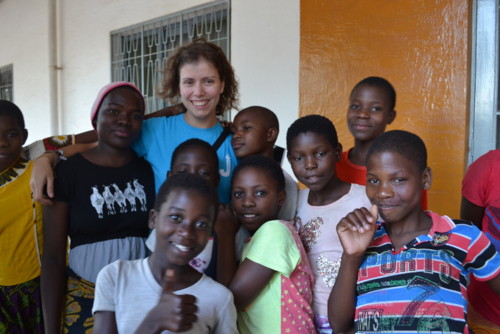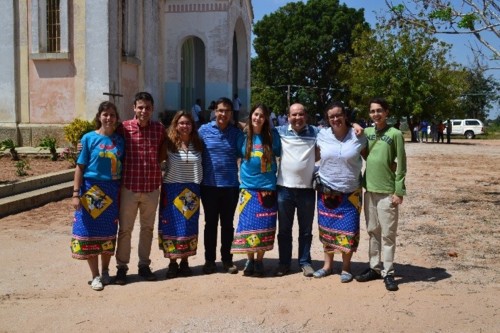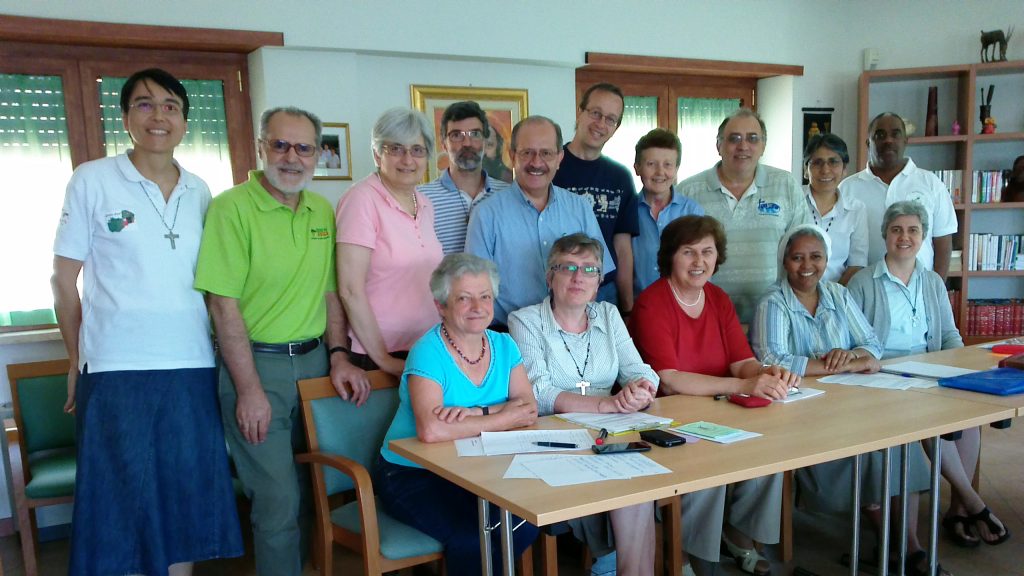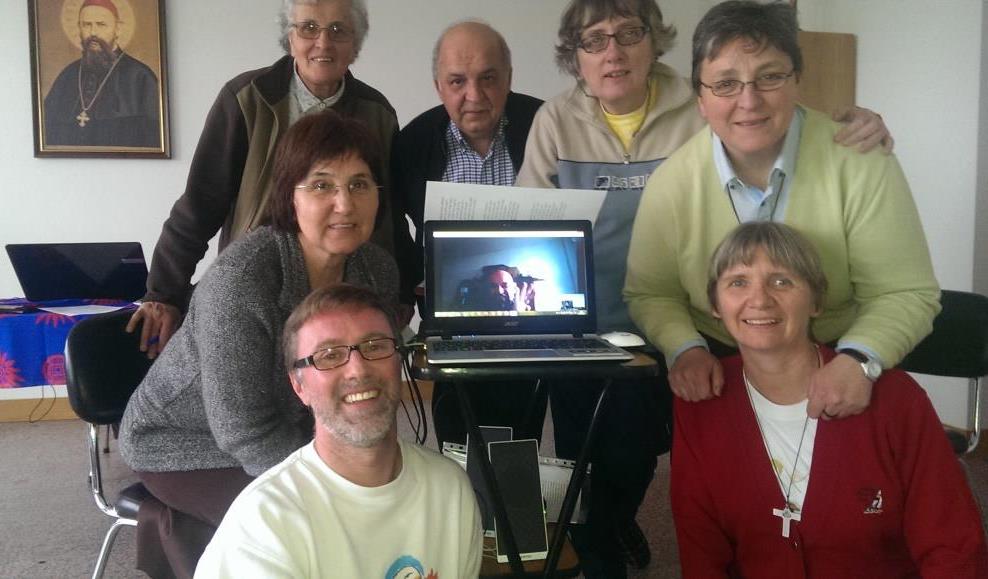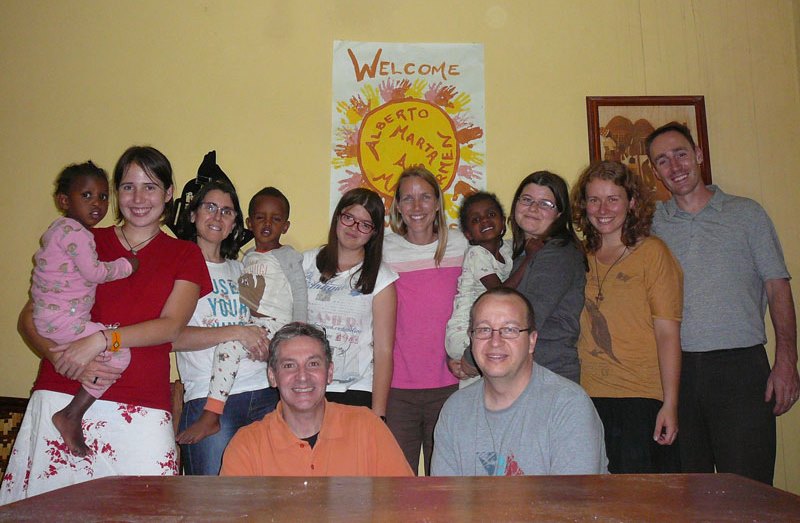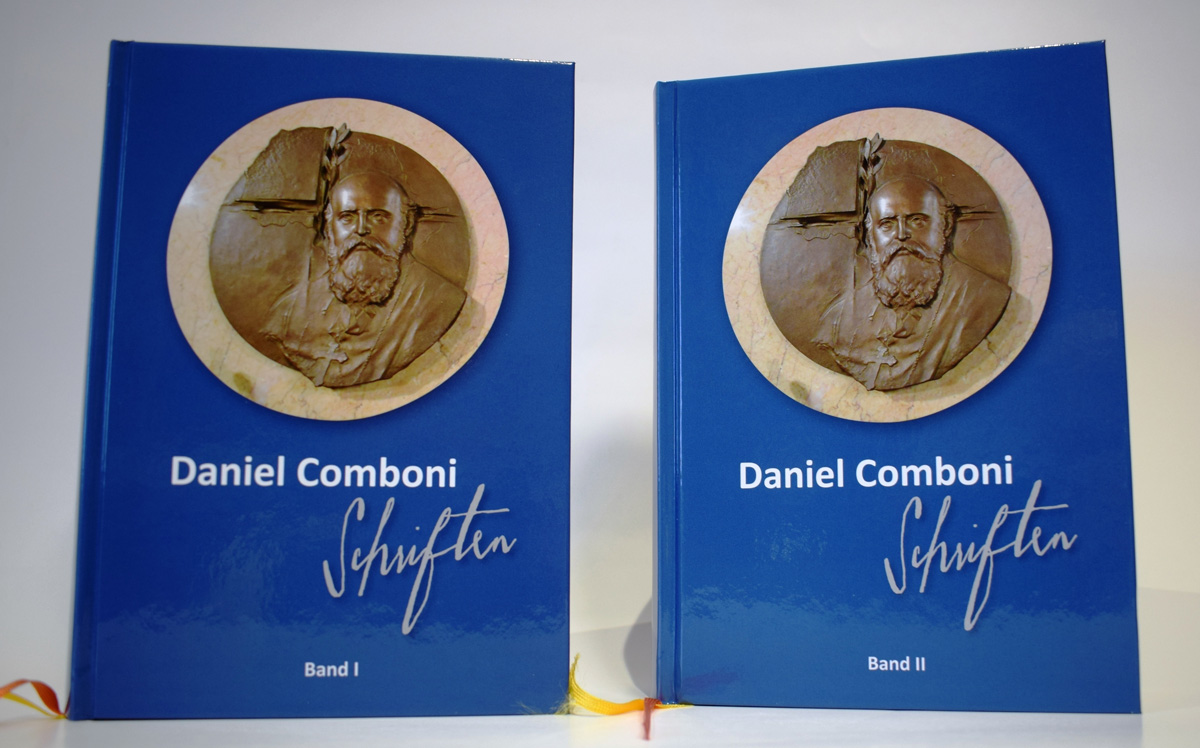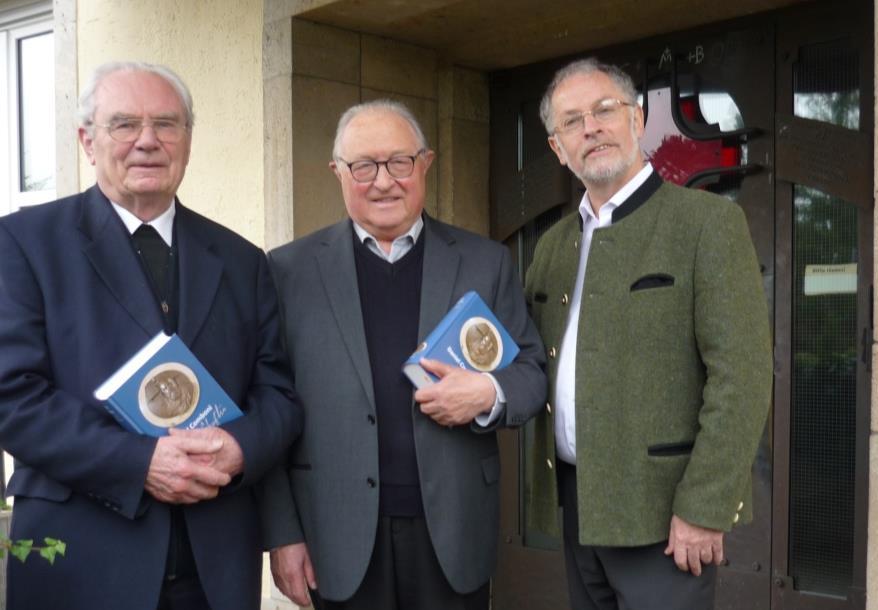 It was a dream that turned into reality! It all started the first time I listened to the witness of a missionary priest and I marveled at the intensity of his love lived and shared. I was an adolescent and at that time my great wish to be able to love like that was born.
It was a dream that turned into reality! It all started the first time I listened to the witness of a missionary priest and I marveled at the intensity of his love lived and shared. I was an adolescent and at that time my great wish to be able to love like that was born.
Time went by and I almost saw the dream disappear into my routines, responsibilities and job. But God knows what he is doing and could not possibly let such a rich dream die. He was able to lead me along the right path, on the journey of Faith and Mission that helped me grow closer to him, to know myself more deeply and to realize that I was called to do something more. So that, with a million fears and desires he wanted me to go even farther and lived this month where I could learn and savor a bit of the missionary life.
After the preparation, the gathering of funds and the good-byes, I only accepted that it was real when I saw myself in Nampula. So I got off the plane, picked up my camera to take some pictures and a security guard stopped me. There I discovered that this was not the world I had grown in and to which I was used.
On the journey to Carapira, I realized that I was living a different life. On the paved road, without painted lines and stretched to infinity I had the chance to see the reality of living in Mozambique. From the window I could see the scenery along the way, the little markets where they were selling a bit of everything, many women with their babies on their back and others carrying buckets of water or other things on their head. The red soil, the local trees and the infinite plain with some mountains in the distance completed the scenery. In some areas you could see straw huts and inhabited areas.
We arrived in Carapira and the warm welcome reminded me of my familiar world. The place was rather similar to what I had been imagining.
The first days gave me the opportunity to get to know the place where we would spend most of our time, the houses of the different branches of the Comboni family, and the work they were all doing. Tasks were assigned to the entire Faith and Mission community, mostly related to the Technical Commercial Institute (TCI) of Carapira and with the girls at the Comboni sisters’ boarding school.
We developed our assignments during the course of the month adapting them to the local rhythm of life. Time is relative and there is no hurry, always finding time for a chat whenever we were going from one place to another.
Every day we took part in lauds and vespers held in church together with the Comboni community. At first it was not easy to wake up so early for lauds, but as I entered into the rhythm of life I rarely missed any of the prayers. It was a time to stop and join Him and remember all the reasons that had brought me there.
Besides the tasks initially assigned, I had the opportunity to visit a community outside Carapira together with Sr. Eleonora. There I had the chance to “inculturate” myself by eating with the community. I also said the rosary in Makua in a barrio of Carapira and to accompany Sr. Maria José on her visits to the sick. These times gave me the opportunity to get to know a bit the customs and the life of the Makua. They were always happy to hear us use their language, as little as it was.
Marvels happened as time moved on. And each day had a special touch that made me enjoy being there where nothing else mattered. Even though I missed Portugal, the desire to stay was growing with every passing day.
Slowly I was learning more and more, especially with the girls at the boarding. From the first time I met them I was captivated by their smiles, songs and contagious joy. My heart was always full when I was with them! They endeared themselves to me with their simplicity and, even though my job was to teach them and help them in their studies, I felt that I learned from them even more. They were teaching me Makua words and always had a good laugh when I tried to pronounce them.
When I already was feeling my heart warmed by so much love and I thought it could not get any better, there appeared a little one who wanted to talk to me alone. I confess that I harbored many thoughts and some fears, together with much curiosity. What does she want to tell me? Finally the proper time arrived and the question was very simple and expressed very sweetly: “Would you like to be my friend?” I was unable to react and was speechless. I was not expecting such a small question but loaded with so much feeling. I hugged her and told her that we were already friends without having to ask for it. But this little heart was going to surprise me even more. Even after I tried not to accept it, she came with a gift for me. I know that we have a lot and they have little. How was it possible? It was a small notebook with something she, herself, had written. During the month, the little attentions of this child moved me in a very special manner, turning upside down also my world and my way of thinking about love. After all, it is so simple!
All this helped me see life in a simpler way, stopping to value some of the things I have and reflecting over this love almost wordless but very communicative. This is how God took me into the desert and spoke to my heart…
Mónica Silva (Faith and Mission)




